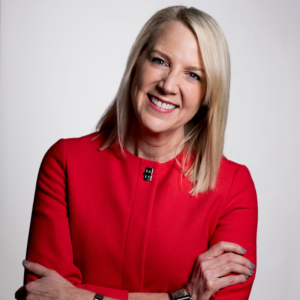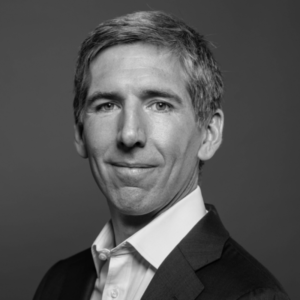Podcast: Play in new window | Download
 Reading Time: < 1 minute
On today’s Intelligent Money Minute, we continue our conversation with Morningstar’s director of personal finance, Christine Benz on dangerous assumptions made in retirement. During this episode, Christine breaks down four areas retirees often make dangerous assumptions, hurting them in the long term. In particular, Christine talks about what types of risk to assume in the stock and bond market.
If you are wondering what kinds of risks are in your current portfolio, or where there may be an unforeseen risk you aren’t aware of, consider contacting us for a complimentary call or coffee. If it makes sense, we may perform a complimentary portfolio review for you so you can get an idea of the types and current risk level in your portfolio.
Schedule a short discovery call or meeting
We’ll be interviewing Christine on several podcasts regarding retirement strategies, passive investing, and diversification, so be sure to subscribe to our Intelligent Money Minute podcasts.
Reading Time: < 1 minute
On today’s Intelligent Money Minute, we continue our conversation with Morningstar’s director of personal finance, Christine Benz on dangerous assumptions made in retirement. During this episode, Christine breaks down four areas retirees often make dangerous assumptions, hurting them in the long term. In particular, Christine talks about what types of risk to assume in the stock and bond market.
If you are wondering what kinds of risks are in your current portfolio, or where there may be an unforeseen risk you aren’t aware of, consider contacting us for a complimentary call or coffee. If it makes sense, we may perform a complimentary portfolio review for you so you can get an idea of the types and current risk level in your portfolio.
Schedule a short discovery call or meeting
We’ll be interviewing Christine on several podcasts regarding retirement strategies, passive investing, and diversification, so be sure to subscribe to our Intelligent Money Minute podcasts.


